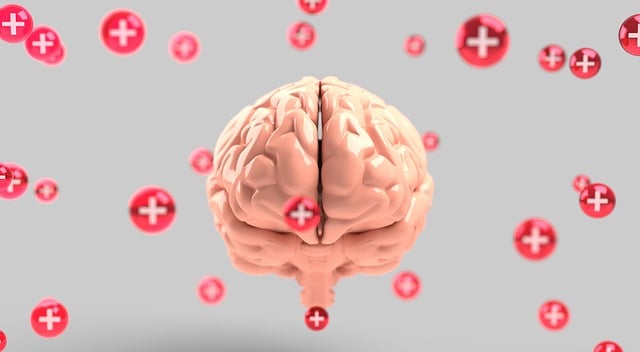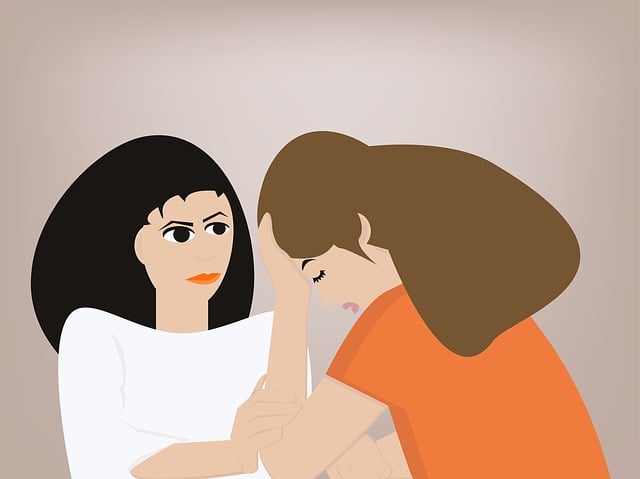Littleton's male population faces unique mental health challenges due to societal expectations hindering open dialogue about vulnerability. To address this, #LittletonMensIssuesTherapy advocates for a nuanced approach focusing on crisis intervention, compassion cultivation, and healthcare provider training. By creating safe spaces through peer support groups, community workshops, and digital platforms, these strategies encourage men to seek help early. Tailoring outreach efforts to cultural sensitivities and breaking gender stereotypes is crucial for improving mental wellness equity in the community, ensuring access to essential resources like Littleton Mens Issues Therapy services.
In Littleton, addressing men’s mental health issues has become a pressing concern. This article explores community outreach programs designed to target and support male residents. We delve into understanding the unique needs of Littleton’s male community, crafting effective strategies for mental health awareness among men, and implementing sustainable therapy programs. By examining these key components, we aim to enhance access to care and foster a healthier, more resilient Littleton. Focus on Littleton Mens Issues Therapy underscores the importance of tailored interventions for optimal outcomes.
- Understanding the Needs of Littleton's Male Community
- Designing Effective Outreach Strategies for Men's Mental Health
- Implementing and Sustaining Community Therapy Programs
Understanding the Needs of Littleton's Male Community

In Littleton, addressing the unique challenges faced by the male community requires a nuanced understanding of their specific issues and needs. Men often grapple with societal expectations that stifle open dialogue about mental health and emotional vulnerability. This cultural norm can lead to underreported rates of depression, anxiety, and other psychological struggles among men. Therefore, initiatives aimed at community outreach should prioritize creating safe spaces where males feel comfortable seeking support and expressing their feelings without fear of judgment.
Implementing programs that focus on crisis intervention guidance, compassion cultivation practices, and healthcare provider cultural competency training can be transformative. These strategies empower men to recognize and address personal crises effectively while fostering a sense of belonging and empathy within the community. By integrating such approaches, Littleton can advance mental health equity among its male population, ensuring everyone has access to necessary resources and support.
Designing Effective Outreach Strategies for Men's Mental Health

Effective outreach strategies for men’s mental health require a deep understanding of the unique challenges and barriers faced by male individuals in seeking therapy. In many cases, traditional healthcare models have not adequately addressed men’s specific needs, leading to higher rates of unmet mental health care requirements. To bridge this gap, community-based organizations and healthcare providers in Littleton Men’s Issues Therapy can collaborate to design tailored programs that resonate with men. This involves considering cultural sensitivity in mental healthcare practice, ensuring that services are accessible, and addressing gender-specific concerns related to mental wellness, including depression prevention.
By employing creative approaches, such as peer support groups, community workshops, and digital platforms, organizations can foster open conversations about mental health among men. Incorporating these strategies not only increases awareness but also encourages early intervention and treatment seeking. Tailoring outreach efforts to address the distinct cultural nuances and social expectations that may deter men from accessing therapy is crucial in improving overall mental wellness within the community.
Implementing and Sustaining Community Therapy Programs

Implementing community therapy programs that focus on men’s mental health issues, like those offered in Littleton Mens Issues Therapy, requires careful planning and a strategic approach to ensure their long-term sustainability. The initial phase involves assessing the specific needs of the community, identifying target populations, and tailoring interventions accordingly. This includes conducting comprehensive risk assessments for mental health professionals to navigate potential challenges effectively. By prioritizing resilience building through evidence-based practices, these programs can foster inner strength development among participants.
Sustainability hinges on building strong partnerships with local organizations, securing adequate funding, and fostering community engagement. Regular evaluation of program effectiveness and participant feedback are crucial to making data-driven adjustments. Equally important is promoting awareness about mental health issues within the community, reducing stigma, and encouraging open conversations. Through these comprehensive strategies, community therapy programs can thrive, providing lasting support for individuals seeking to strengthen their mental well-being.
Community outreach programs, especially those focusing on men’s mental health in Littleton, can significantly address pressing issues within the male community. By understanding local needs and implementing tailored strategies, such as community therapy, we can foster a healthier and more supportive environment for men. These programs have the potential to revolutionize access to care, ensuring that every man in Littleton has the opportunity to seek support and improve their well-being.







